Yale Cancer Center | Strategic Alliance Partners
Latest from Yale Cancer Center

Patients with stage III colon cancer who receive longer courses of adjuvant oxaliplatin, exercise for less than 9 hours per week, have diabetes, or have a higher body mass index could experience higher rates of severe oxaliplatin-induced peripheral neuropathy.

Maryam Lustberg, MD, MPH, discusses key results from a retrospective analysis of ovarian suppression in HR–positive, HER2-positive breast cancer, the importance of assessing real-world practice patterns, and the need for continued study of other predictive biomarkers for endocrine therapy in this population.

Maryam Lustberg, MD, MPH, discusses the real-world use of ovarian suppression therapy in clinical practice for premenopausal patients with hormone receptor-positive, HER2-positive breast cancer.

Trastuzumab deruxtecan demonstrated a 64% reduction in the risk of disease progression or death compared with physician's choice of treatment in patients with advanced HER2-positive unresectable and/or metastatic breast cancer who previously received ado-trastuzumab emtansine.
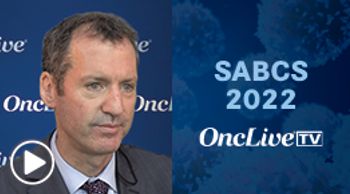
Ian Krop, MD, PhD, discusses findings from the phase 3 DESTINY-Breast02 trial in patients with HER2-positive metastatic breast cancer.

Daniel P. Petrylak, MD, highlights the use of checkpoint inhibitors, antibody-drug conjugates, and FGFR inhibitors in urothelial cancer and the current sequencing hurdles in the paradigm.

Continued treatment for patients with cancer near end of life delays conversations about goals of care and hospice enrollment, escalates costs, and may adversely affect the quality of care patients receive.
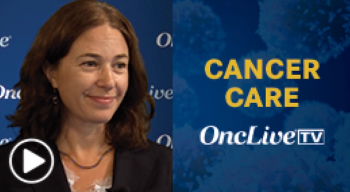
Katerina Politi, PhD, discusses drug-tolerant persister cells in patients with cancer.

The combination of cediranib and olaparib significantly improved radiographic progression-free survival compared with olaparib monotherapy in patients with metastatic castration-resistant prostate cancer.
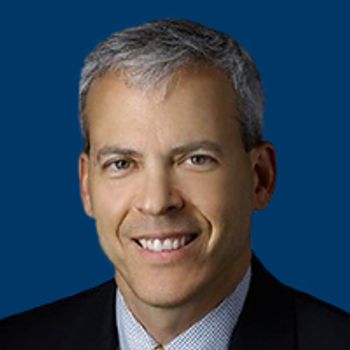
A dramatic presentation at the 2022 American Society of Clinical Oncology Annual Meeting changed treatment standards seemingly overnight for women with previously treated metastatic HER2-low breast cancer. However, fundamental questions remain.
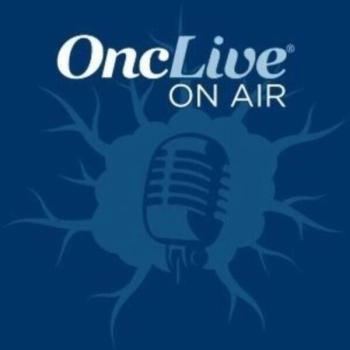
Dr Petrylak discusses current issues with genetic testing and disease management in prostate and bladder cancer, some of the reasons for poor testing rates, and the importance of proper multidisciplinary management during testing and when seeking to mitigate adverse effects.

Roy S. Herbst, MD, PhD, discusses the importance of evaluating ways of altering tumor host factors to improve response to immunotherapy in patients with lung cancer.

Mario Sznol, MD, explains the evaluation of efficacy and safety when examining the benefits of new immunotherapy combinations in cancer.

An analysis by Yale Cancer Center researchers identified accelerated genetic aging in breast tissue adjacent to breast cancer tumors.

Sajid A. Khan MD, FACS, FSSO, discusses the rationale of examining disparate outcomes in gastrointestinal tract cancer surgery.

Novel combinations with CDK4/6 inhibitors, antibody-drug conjugates, and oral selective estrogen receptor degraders are rapidly changing the treatment paradigm in hormone receptor–positive and HER2-positive breast cancer.

Sajid A Khan MD, FACS, FSSO, discusses next steps in examining racial disparities in gastrointestinal tract cancer.
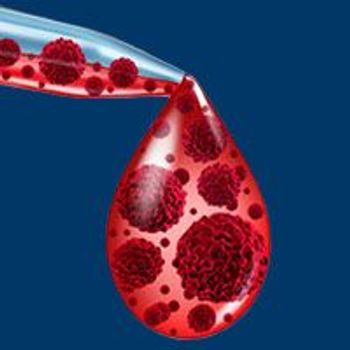
Scientists at Yale Cancer Center have found that patients with breast cancer and high levels of insulin in the blood may be responsive to metabolism-targeting treatments, which in turn may improve the effectiveness of subsequent chemotherapy treatments.

Patritumab deruxtecan produced encouraging responses in patients with HER3-expressing metastatic breast cancer or metastatic triple negative breast cancer.
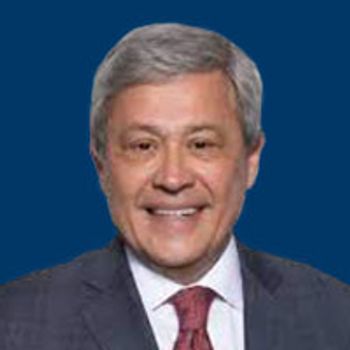
For the 10th consecutive year, OncLive® is honored to recognize oncology leaders whose innovations have contributed to immeasurable improvements in outcomes for countless patients.

Neoadjuvant administration of the antibody drug conjugate enfortumab vedotin-ejfv represents a potential future treatment option for patients with muscle invasive bladder cancer who are ineligible for cisplatin-based chemotherapy.

The phase 2 clinical trial of a multi-center study known as the COAST clinical trial has demonstrated improved outcomes using immunotherapy combinations for patients with unresectable stage III non–small cell lung cancer.
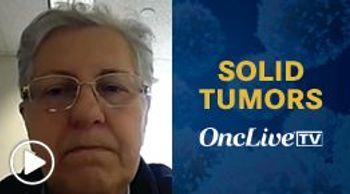
Patricia LoRusso, DO, discusses the importance clinical trial enrollment for patients with MDM2-amplified dedifferentiated liposarcoma.

Developing a system with a patient-centric focus, investigators at Yale Cancer Center and Moffitt Cancer Center initiated pilot programs to offer patients better access to care following a diagnosis of cancer.

The combination of sotigalimab and nivolumab elicited durable responses with a reasonable safety profile in patients with melanoma who were refractory to anti–PD-1 therapy, according to data from a phase 2 trial.
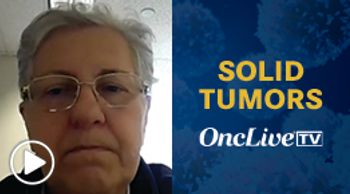
Patricia LoRusso, DO, discusses the efficacy observed of BI 907828 in solid tumors in a phase 1 trial.

Following an analysis of over 12,000 human genes, research from Yale Cancer Center indicates there is cancer-relevant importance in a much larger proportion of human genes than current cancer research models suggest.
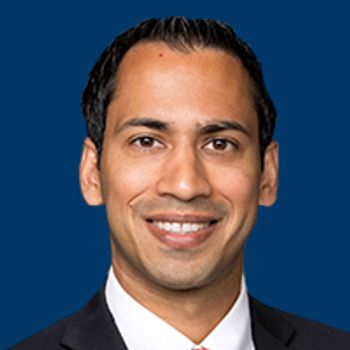
Sajid A. Khan MD, FACS, FSSO, discusses findings from the study on racial disparities in surgical outcomes and quality of care for GI tract cancer, plus what issues need to be addressed to close the gap in care.

Pembrolizumab with or without chemotherapy resulted in a numerically longer overall survival benefit vs cetuximab plus chemotherapy in patients with head and neck squamous cell carcinoma and a PD-L1 combined positive score (CPS) between 1 and 19, but did not improve survival in the subset with a PD-L1 CPS of less than 1.

Sajid A Khan MD, FACS, FSSO, discusses racial disparities with patient surgical outcomes in gastrointestinal tract cancer.





























